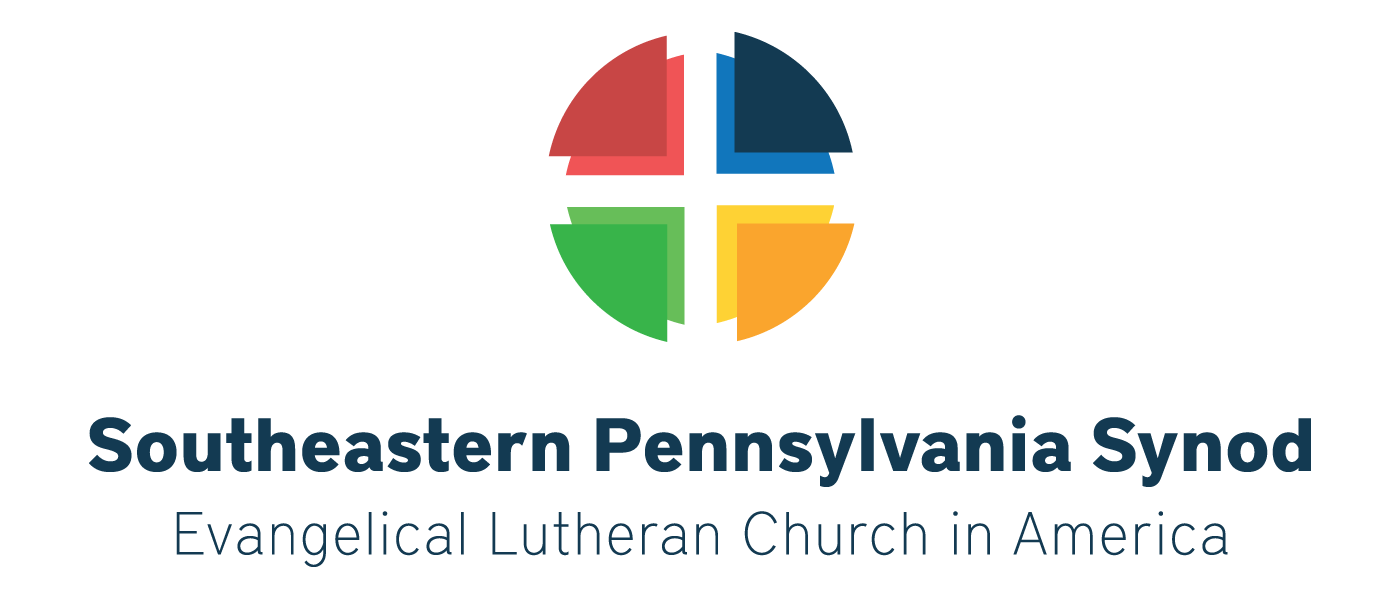March 15, 2023 in Leadership, Roster, Vitality
Cultivating Resiliency in a Tiring Time

By the Rev. Bryan Penman
Co-Director for Evangelical Mission
Happy Lent fellow Disciples!!
As the church enters this time of preparation for the Pascal feast, I am mindful of how many of you have expressed just how weary we are right now. Like, down to the bone, tired and weary. And as we journey into the season of Lent with all its extra busy-ness – that this weariness might just feel overwhelming. I would love to say that I had a magic answer for the way many of us are feeling right now – but suffice to say that I’ll attribute it largely to the post-pandemic fog many of us continue to swim around in. But I also believe we are tired because we are helping the church make one of the most significant shifts in its recent memory as we move away from institutional church and into a more mission focused church. Doing this kind of work of imagining the church we are becoming – is difficult, hard, and exhausting, especially because we have no idea where we are going. And if we want to lead the church into this new post-pandemic reality, we need to be in the practice of cultivating resiliency. And so, perhaps, this season of Lent can be that gift to us this year.
Now, for those who don’t know, I am a bit of an aviation geek. And if you have ever flown, you know that prior to departure, the Flight Attendants conduct a safety demonstration. About mid-way through the list of safety feature of our aircraft they drop a plastic bag on a tube from the ceiling, with a yellow oxygen mask on the end. They show you how to pull it towards you and then secure it over your mouth and nose. Then they give this instruction, “place your oxygen mask on first, before assisting others.” Put your mask on first, before you can help someone else! Perhaps this goes against our Jesus serving mindset, but the truth about a reduced oxygen environment is that you need to breath in order to help those around you. I have to believe that for many of us, it’s a struggle to breathe right now. This pandemic and the disruption many of us have endured these last three years has been excruciating. And if there was ever a time that we needed to put our Jesus oxygen masks on – now might be the time.
As part of the SHAPE of Leadership continuing education I did a few years ago, we read a book by Alice Updike Scannell, Building Resilience: When There’s No Going Back to the Way Things Were. At the time it was only the first year of the pandemic and I had no idea how life giving this book would be for me as the pandemic would wear on. Scannell outlines a process to cultivate what she calls, radical resilience or the ability to work through, rather than bounce back. Instead of pretending that our current state is something we can ignore and it go away, she offers steps and practices to help us name our reality and deal with what is within our control without being overwhelmed by what we cannot control. For me, radical resiliency is like putting my oxygen mask on.
The first step she outlines is a process of mindfulness. And while this has certainly been a buzz word over the last decade or so, it’s a meditative practice to becoming aware. Self-awareness is key in ministry and mindfulness from a Christian perspective is certainly possible as we become aware of God’s presence among us. Mindfulness is also a way that we can process the collective trauma from the pandemic and become more aware of our current situation. I know at my own congregation this past fall we did a brief mindful exercise in place of the confession in our worship service. As we gathered for worship we became mindful of God’s presence with us.
The second set of principles Scannell lifts up are courage and perseverance. Standing firm in the face of extreme difficulty is something I think we are all keenly aware of, but do we have the courage to try something new right now? Putting down things that are no longer working for our ministry so that we might experience what God is doing new? She encourages us to develop networks of support so that we don’t get dragged down by the naysayers. Maybe this Lent set a goal to try something new or adventurous.
Another key practice in radical resiliency is flexibility. And perhaps the pandemic forced this on us in ways that were less than intentional. In order to understand this from a constructive point of view, reflect on your regular routines and pick something to re-think. Try to imagine all the different ways that you could complete that task and then pick one that would be new to you. Maybe the route to work, or the way you do the chores around the house, or path to take your evening walk.
A large portion of radical resiliency is also the practice of reframing. This is the one that took me the longest time to learn and to practice. I own that I have a lot of opinions and tend to understand the way the world ought to do things – the correct way. It took me a while to understand that I see the world using my judging mind, rather than a learningmind. It finally clicked for me when I remembered something Dr. Day used to say in seminary, “turn your judgement into curiosity.” Reframing our experiences can be key to resiliency.
The next two were new principals for me, realistic optimism and hope. Updike defines realistic optimism as, “a combination of optimism, which is thinking from a positive perspective, and pessimism, which is thinking from a negative perspective. The mix of optimism and pessimism minimizes the disadvantages of being overly optimistic by including an assessment from the negative side of the situation.” We Lutherans certain get both/and, but holding the tension of both sides builds our capacity to hand difference and face adversity. It is also the principal that forces us to acknowledge the thing we can control and let go of the things that are beyond our control. Much of what worries us today are things that are beyond our control.
The last three principals are ones that I think we would recognize immediately for their value in helping to cultivate resiliency – physical activity, spirituality and creativity. I know that during the pandemic I felt that my sense of creativity and imagination had left me. It wasn’t until I started with mindfulness, exercise and feeding my spiritual soul again with alternative voices that I felt that my sense of creativity returning to me. Perhaps these are easier activities to find for us to do in the season of Lent. Try painting, singing, listening to music. Go for a walk, pray, fast, volunteer at an organization beyond what your church is doing. It does my soul good to see many of you posting runs, walks, knitting projects – because it means that we are becoming more resilient!
Cultivating these practices of radical resilience take time and intentionality. But like spiritual practices, over time they just become part of our walk of life. For a time, they help us breath while we get down to an altitude where we can breathe normally again without our masks. The church that is emerging in this post-pandemic landscape needs leaders who are resilient in the face of so much adversity in the world. Practicing radical resilience in the world, we can support each other as we journey to proclaim Christ crucified and risen. I wish you a blessed Lenten pilgrimage my friends.
| If you would like to join the conversation around growing vitality in your ministry or congregation, join us for our Vitality Team Check in time – Saturday April 15th @ 10:30am via the zoom link below.
Join Zoom Meeting https://us02web.zoom.us/j/87541201562?pwd=Ukg1ejRydGNDNnlkR2F1ci80aWxLUT09 Meeting ID: 875 4120 1562 Passcode: SEPA |
Photo by Alicia Mary Smith on Unsplash

